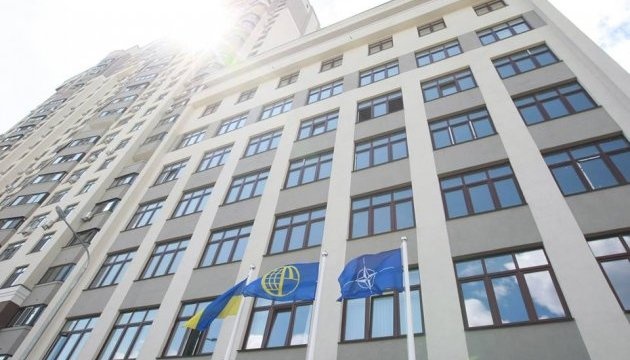
NATO to re-think future relations with Russia – Politico
During a meeting next week, NATO defense ministers will begin reviewing the Alliance's decade-long policy on relations with Russia in response to threats posed by the Kremlin.
An unnamed U.S. official stated this to reporters on Friday, as reported by Ukrinform and Politico.
According to the official, NATO countries are currently trying to "map out different elements of [the Russia] strategy and advance the debates inside the alliance that takes us to subjects like the future of the NATO-Russia Founding Act."
"It's time to now craft a new strategy in terms of [the allies'] specific positions," the official said.
It was noted that while lower-level official discussions have been ongoing for several months, next week's meeting of NATO defense ministers will be the first of several rounds of discussions at the ministerial level on this topic. During the NATO summit in Washington in July, the allies agreed to develop a new NATO-Russia strategy at the next Alliance summit, set for The Hague in June 2025.
"Right now we have to have an understanding across the alliance... that the [Founding Act] and the NATO-Russia Council were built for a different era, and I think the allies are prepared to say that was a different era in our relationship with Russia, and therefore something new is merited," added the U.S. official.
The official also mentioned that there is currently no draft of the new strategy, as the focus is on gathering views across the 32 NATO countries. They noted that the military implication of this political action is expected to be limited.
The NATO-Russia Council, established after the Cold War for security partnership and joint projects, has not met since 2022.
As reported by Ukrinform, on June 11, NATO member countries confirmed that Russia remains the biggest immediate threat to NATO's security, calling on Moscow to withdraw its troops from Ukraine, Georgia, and Moldova.
